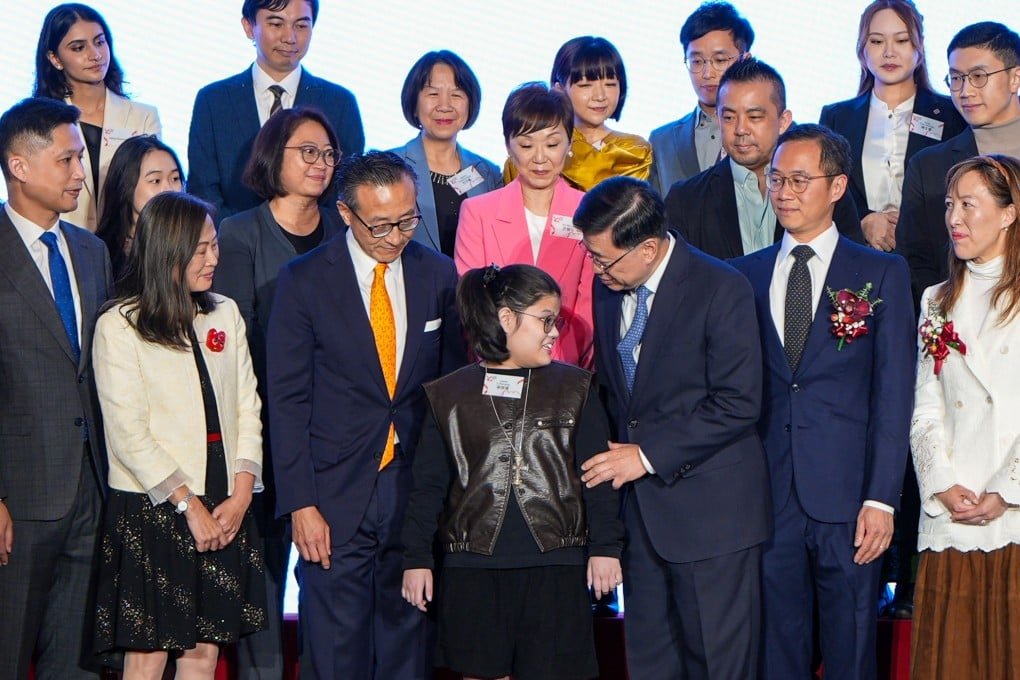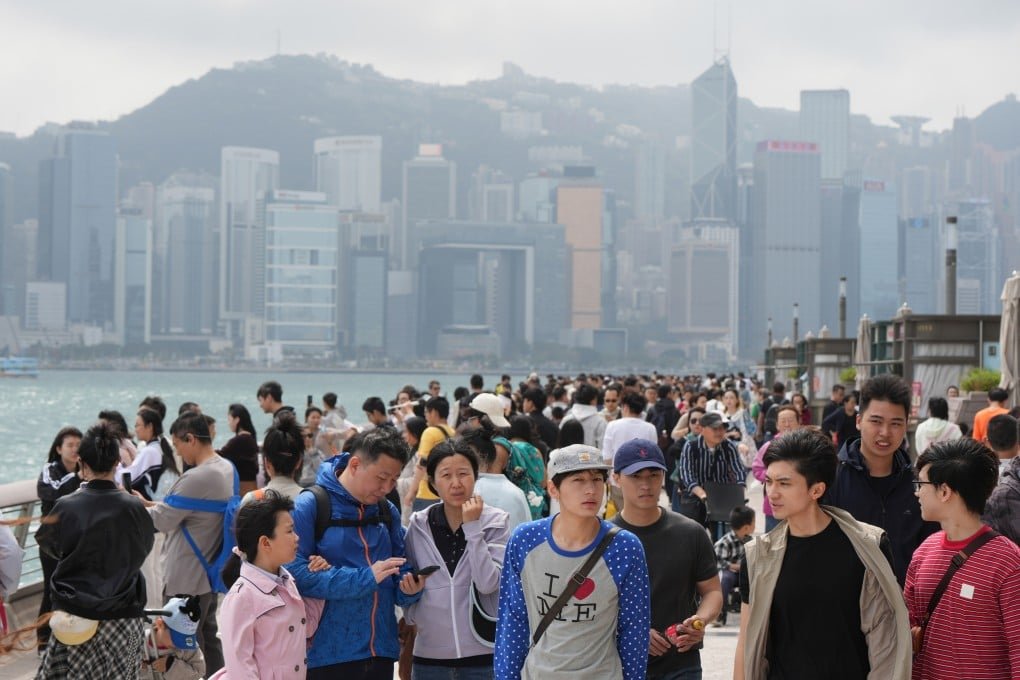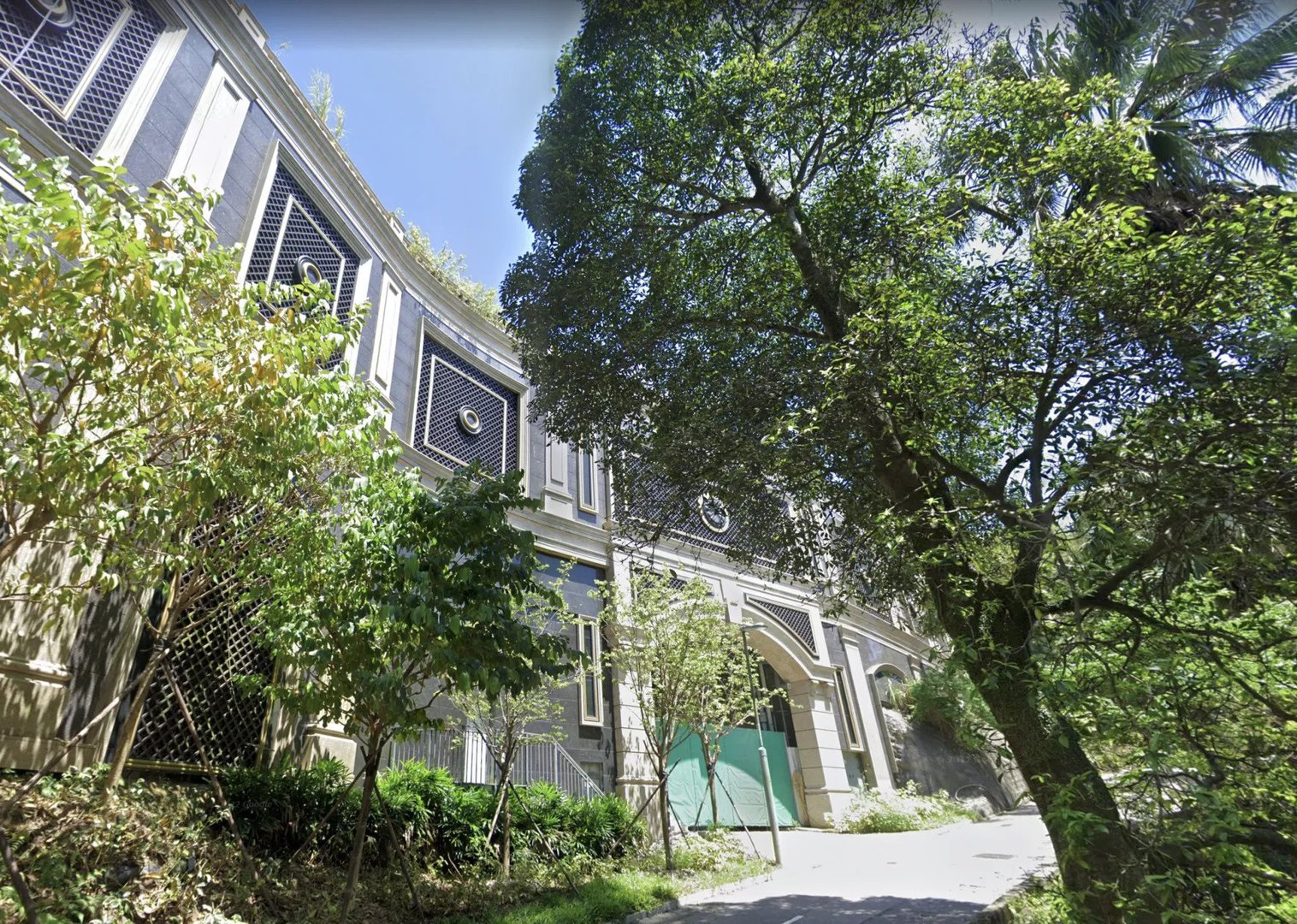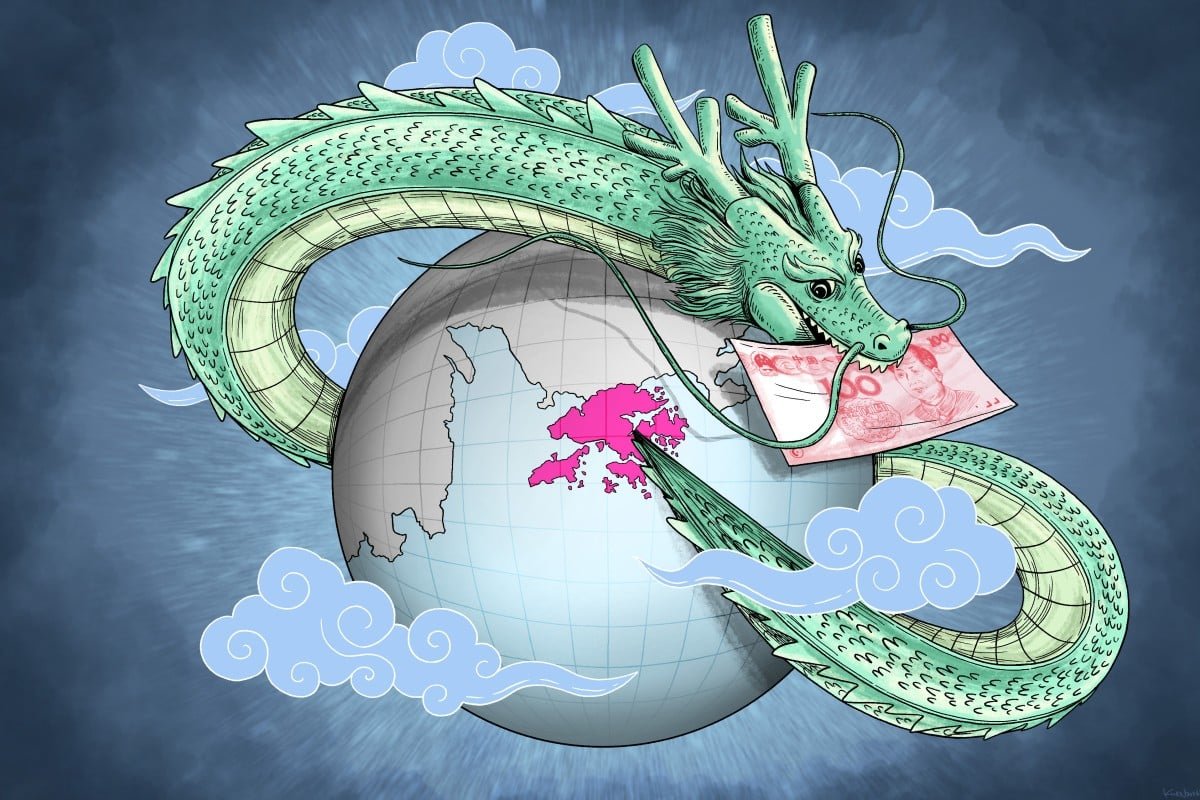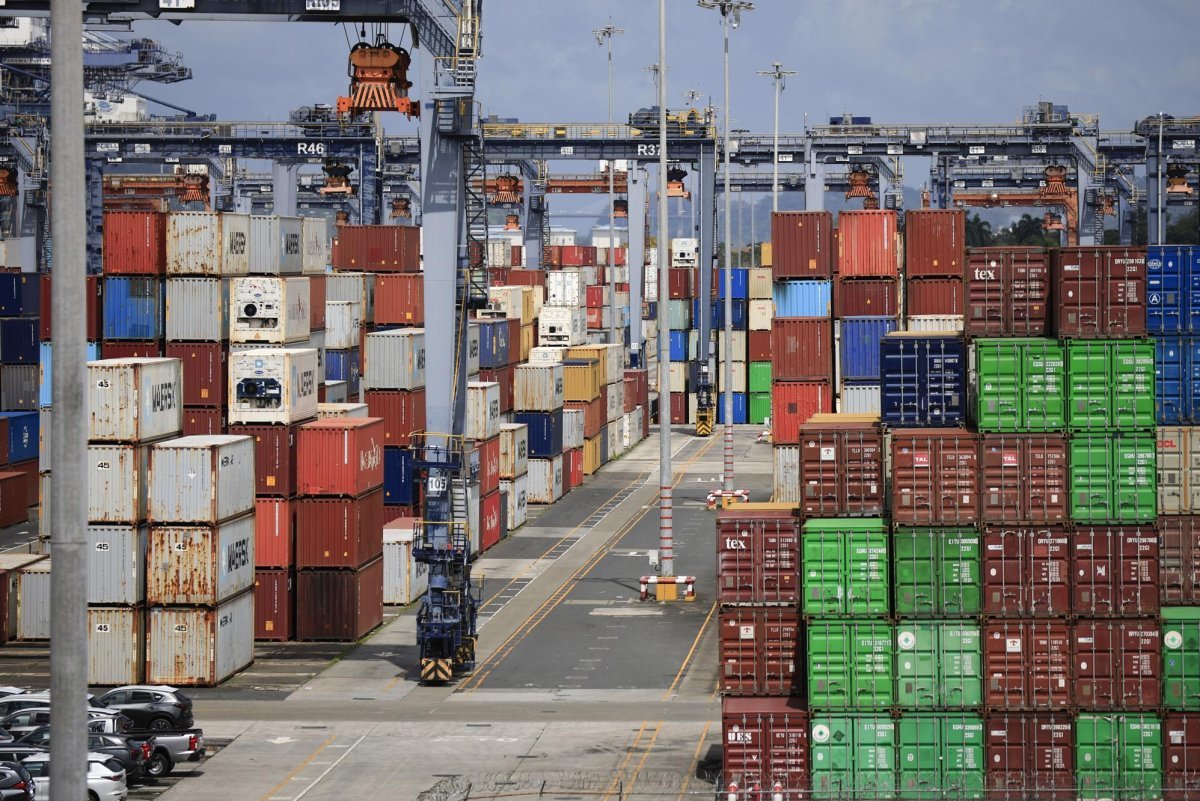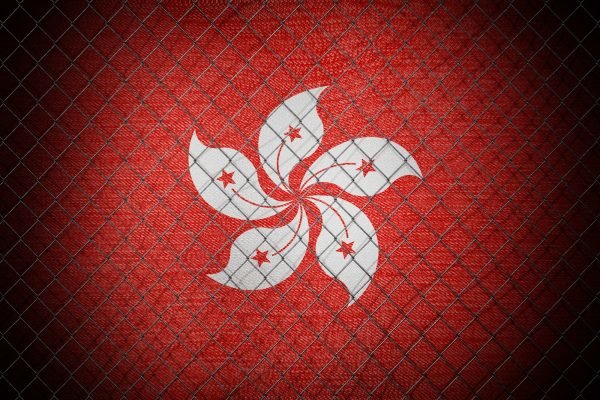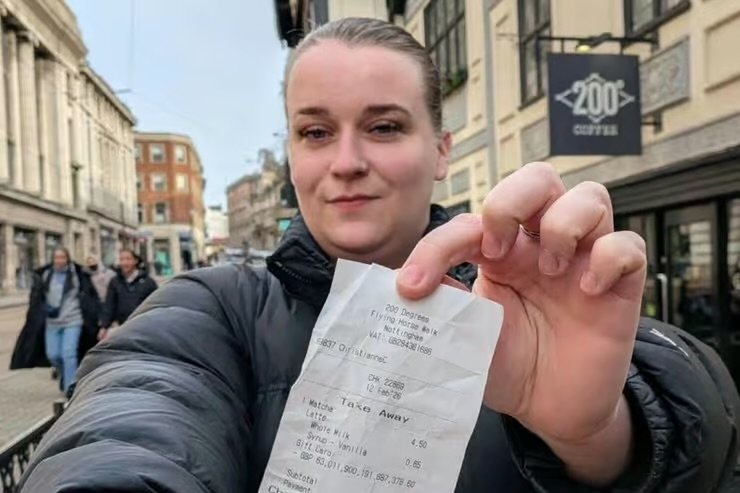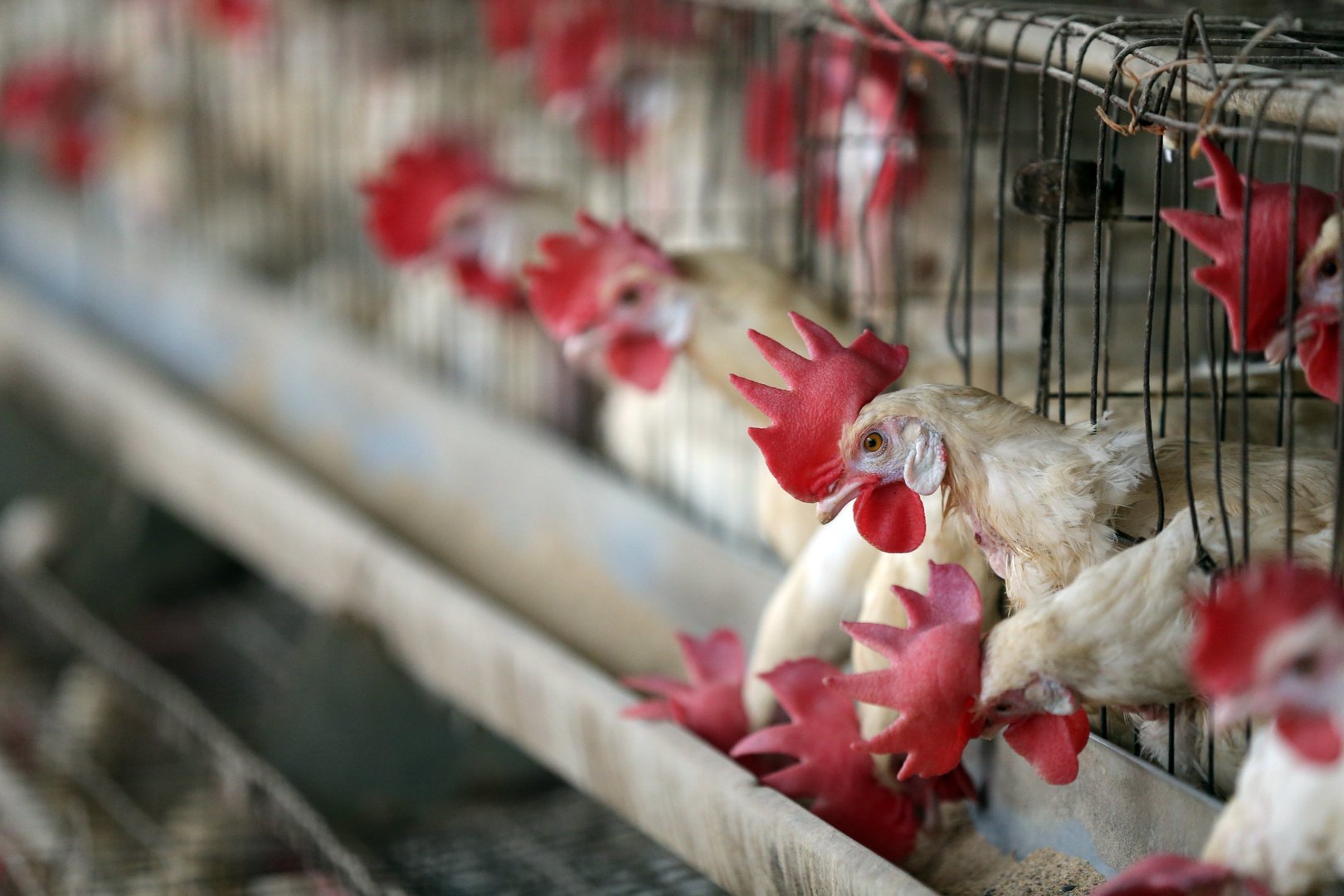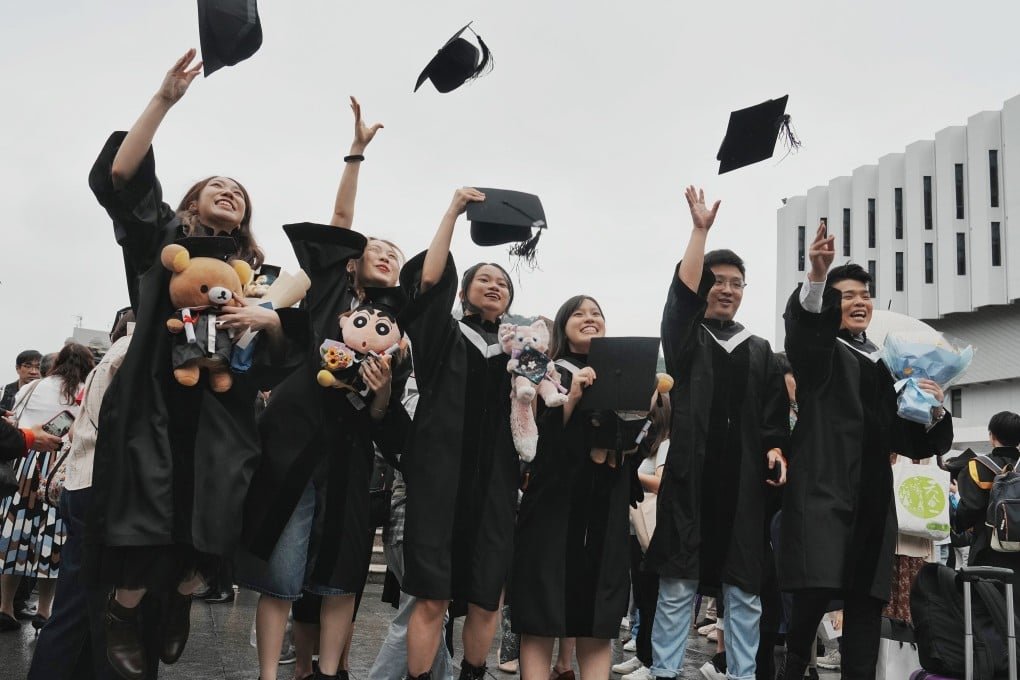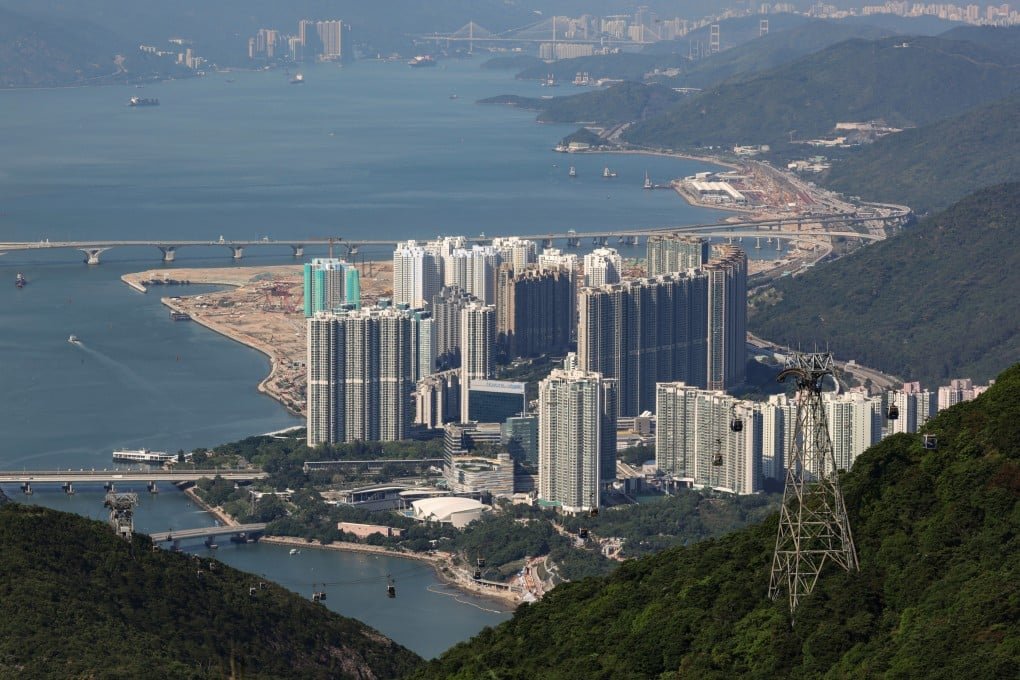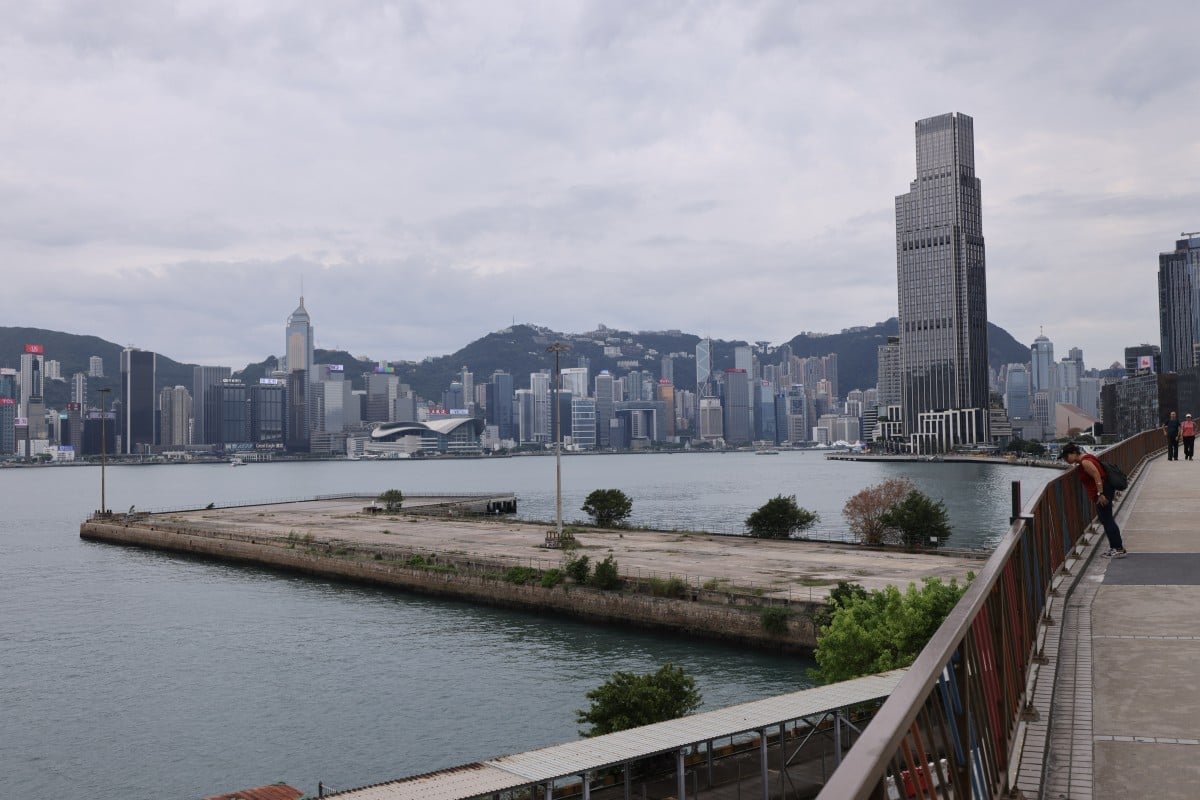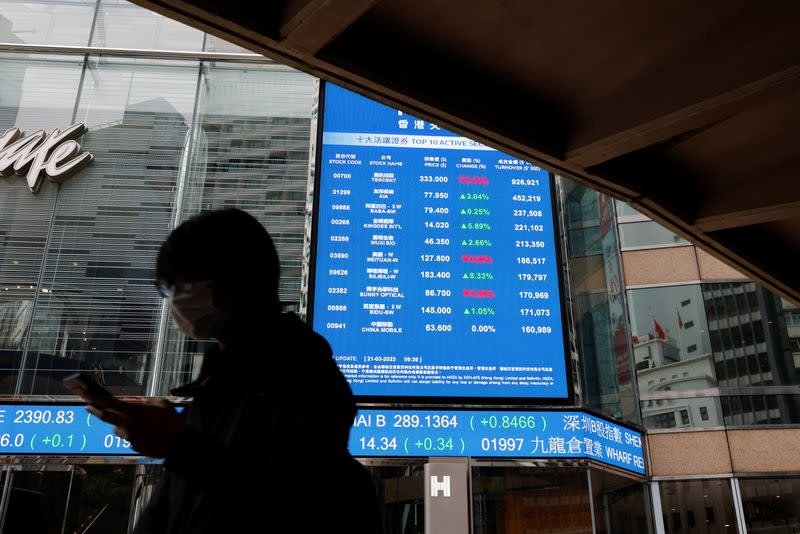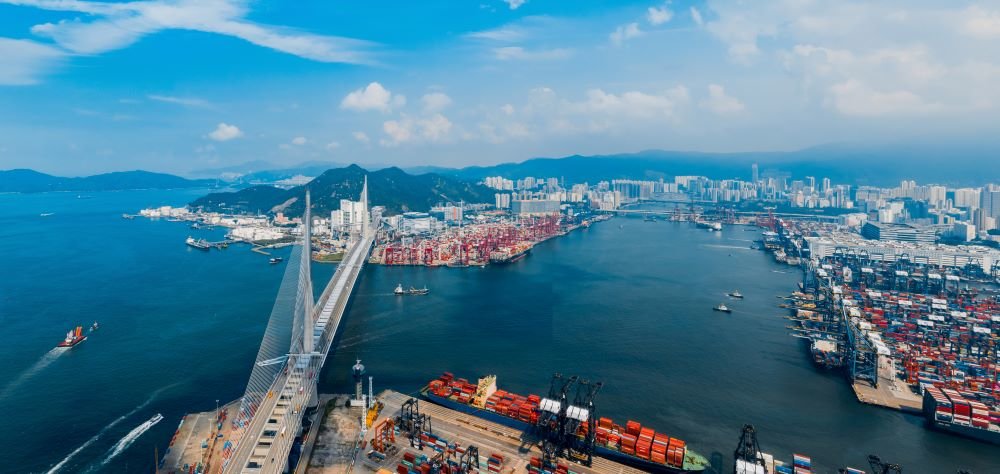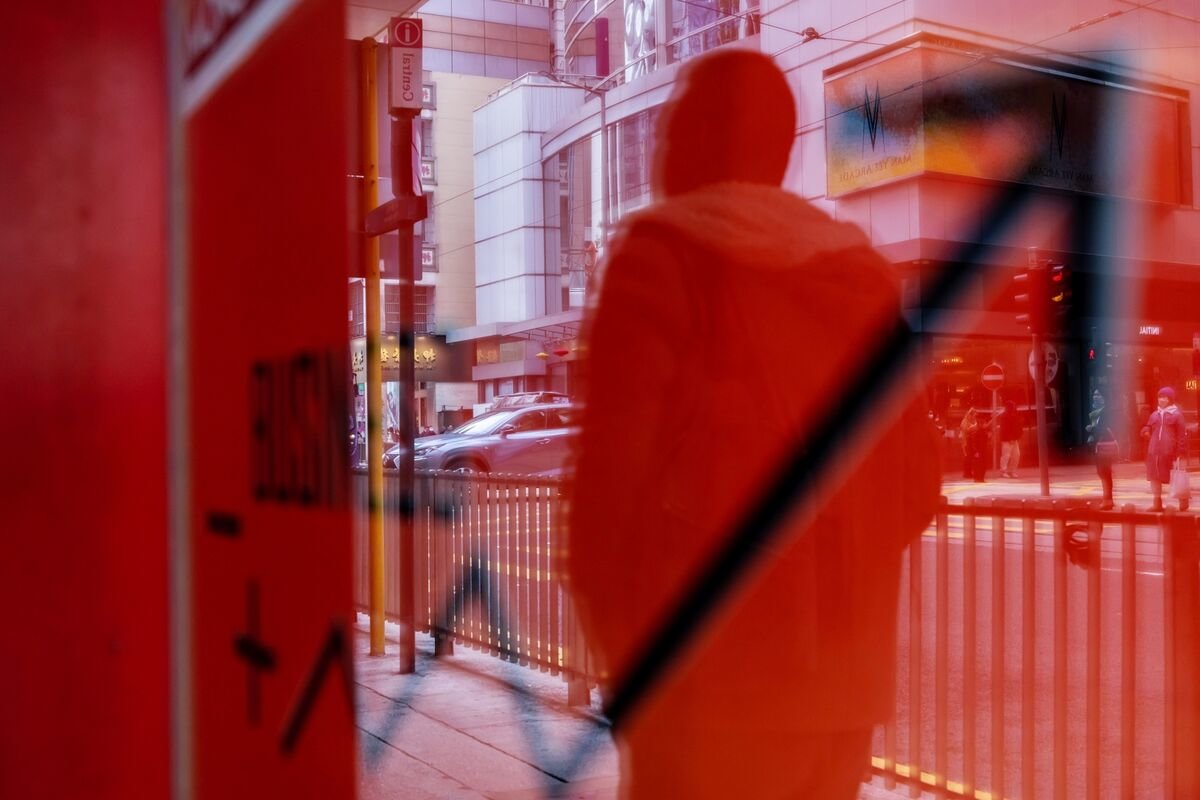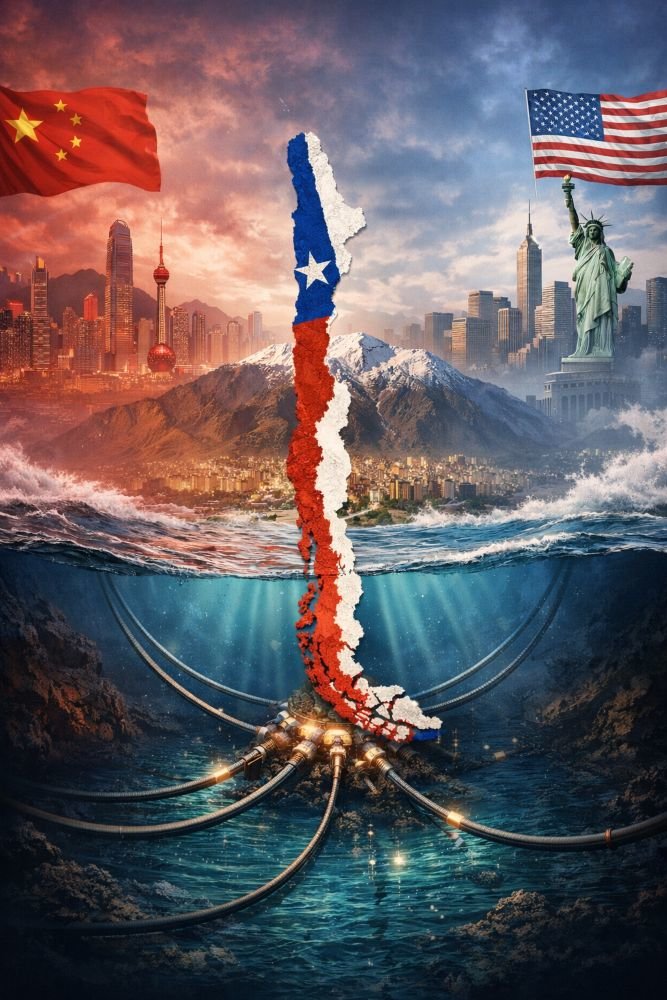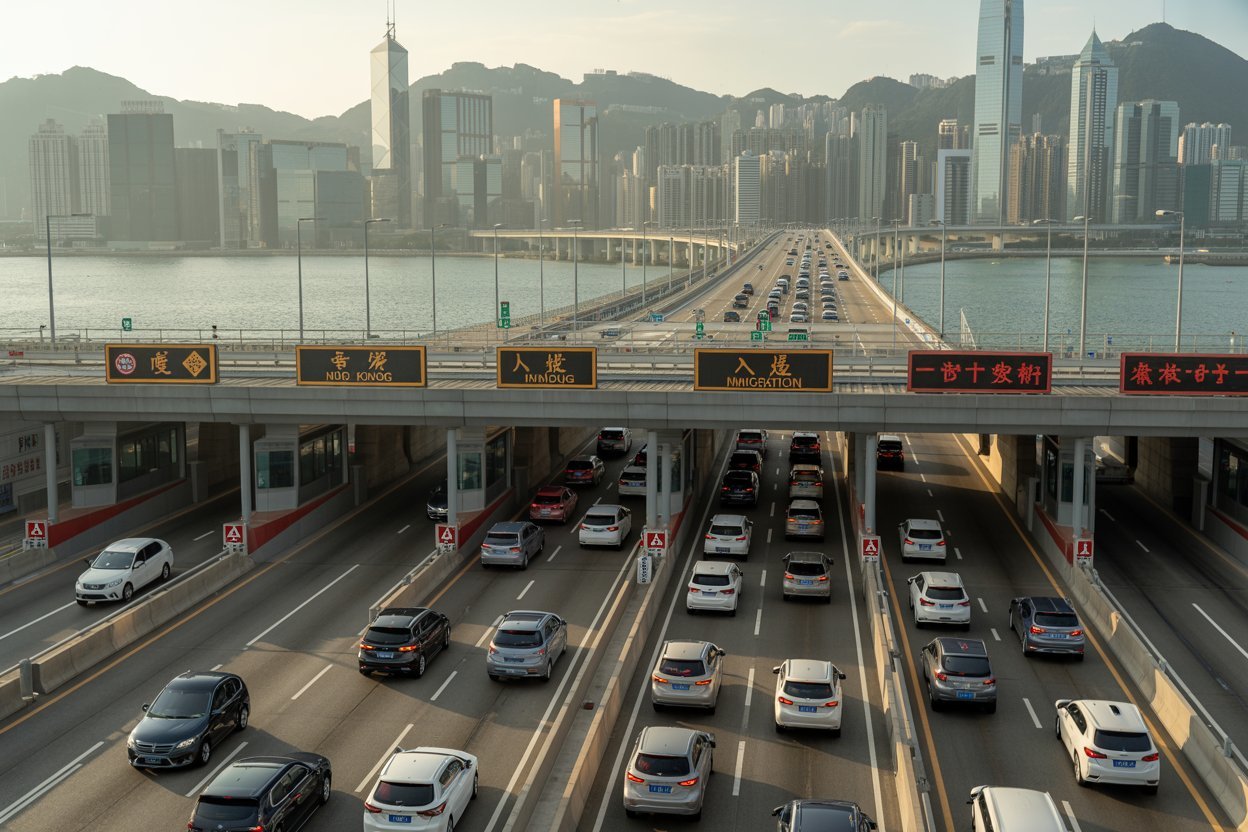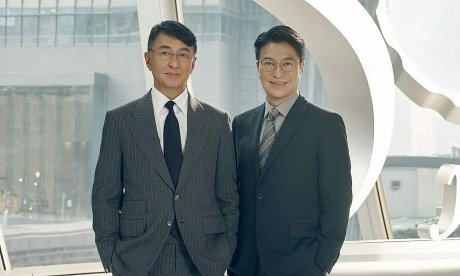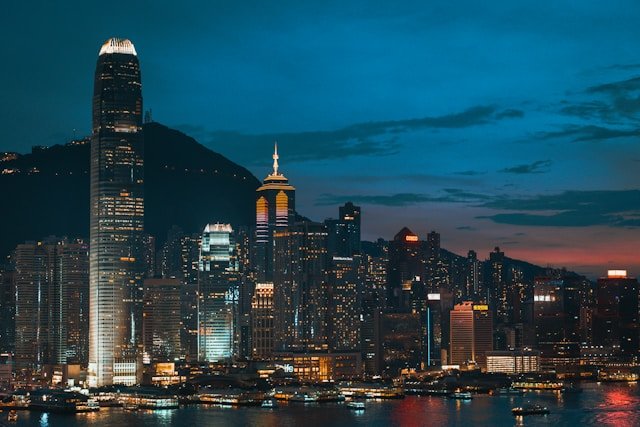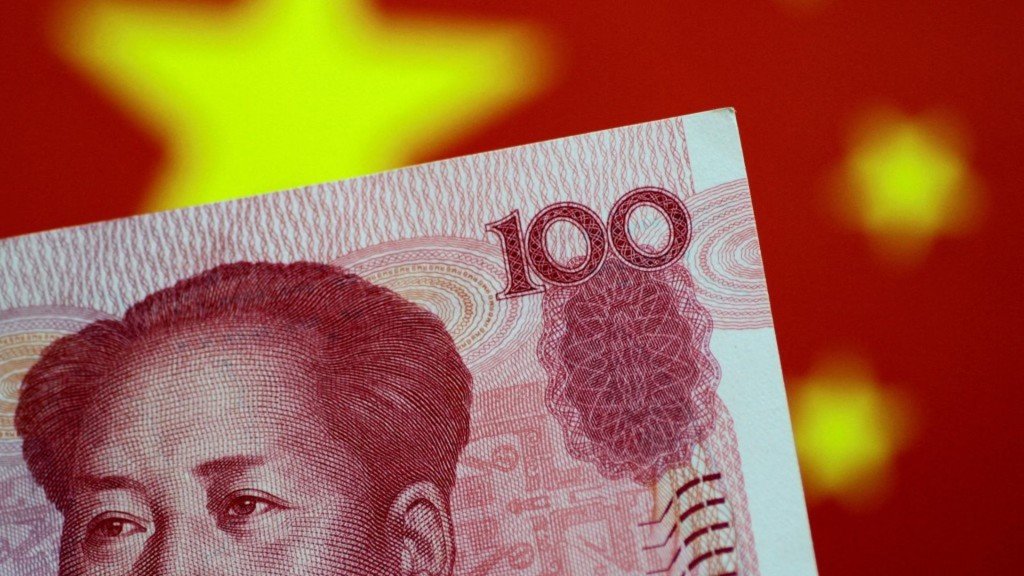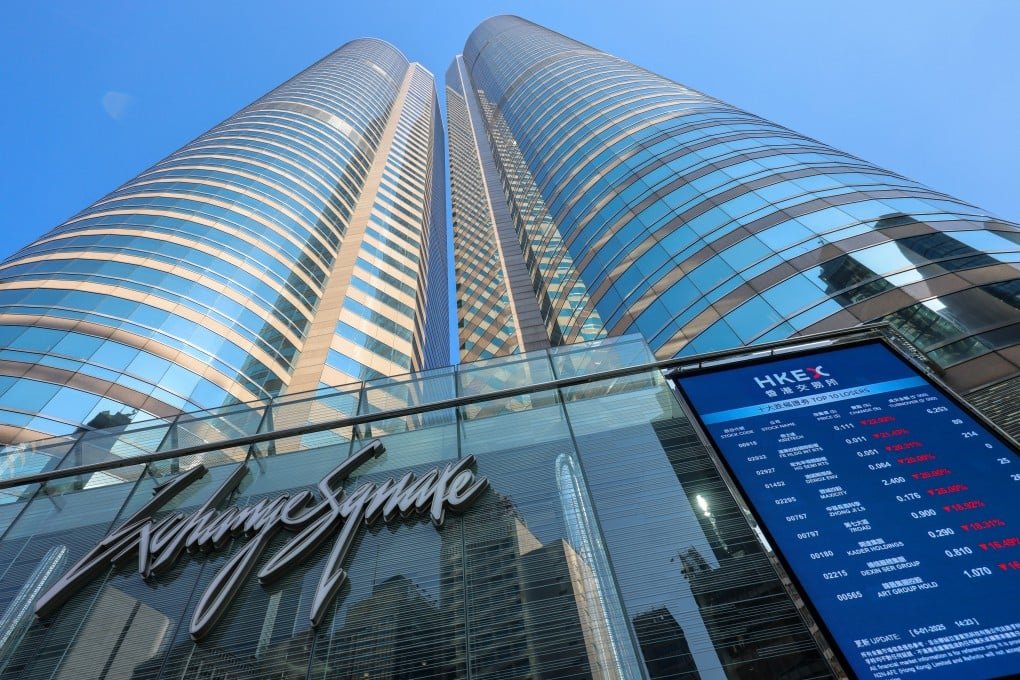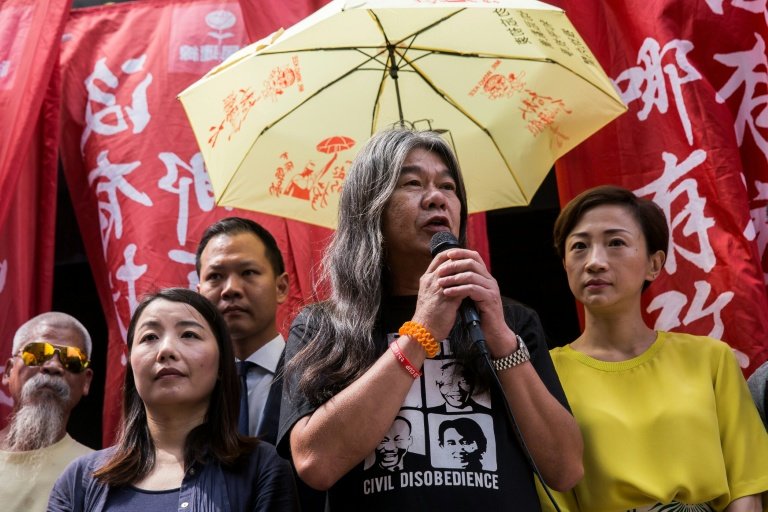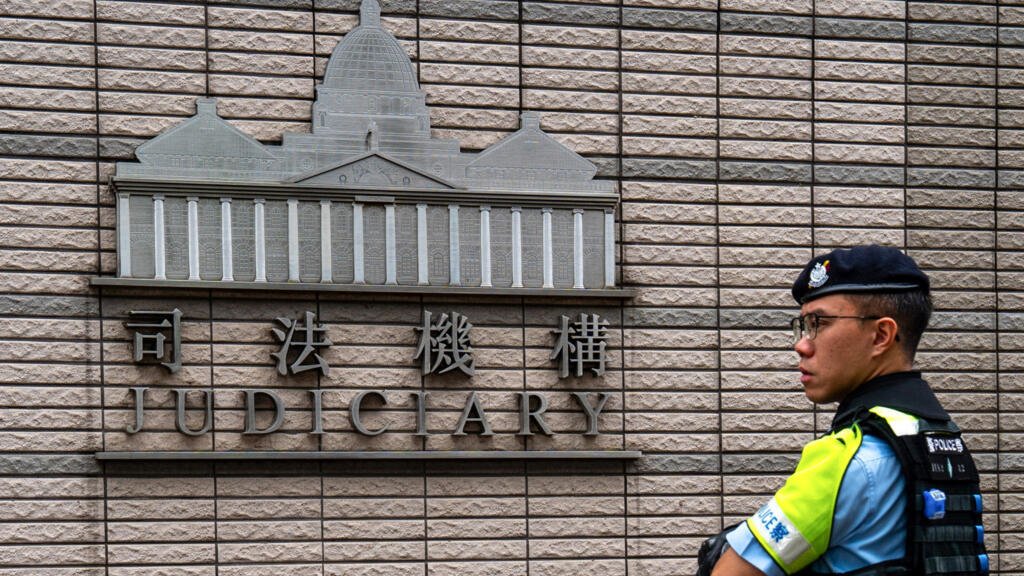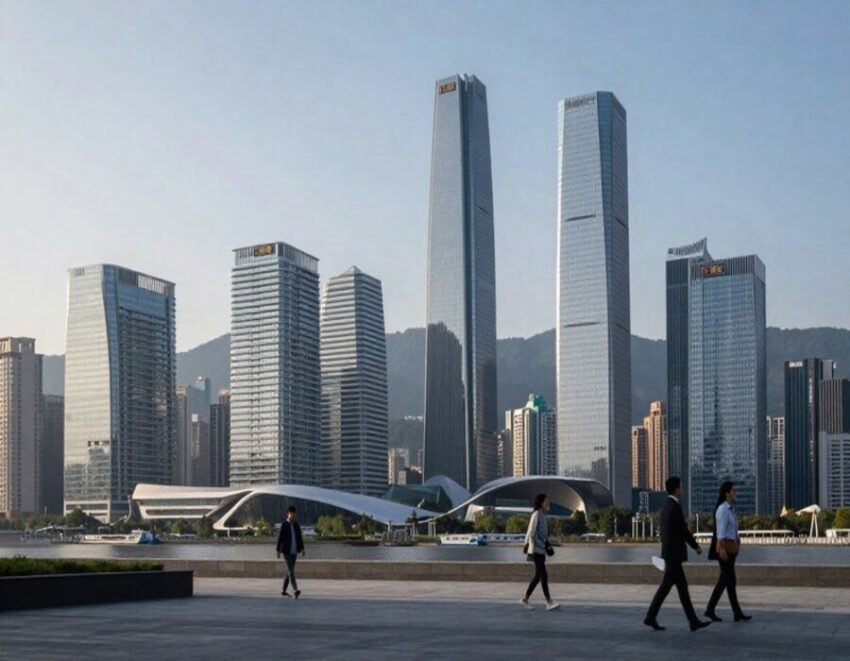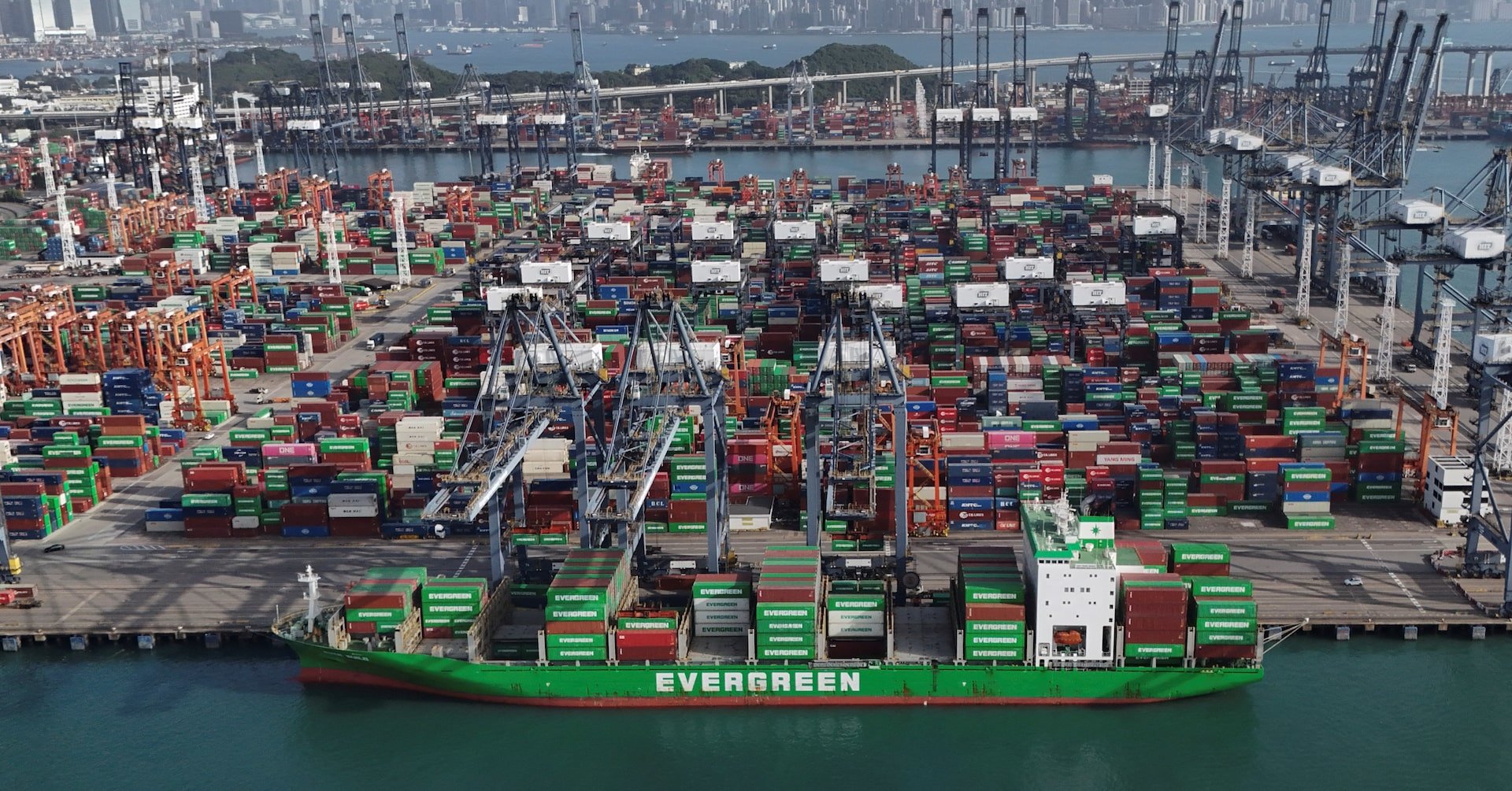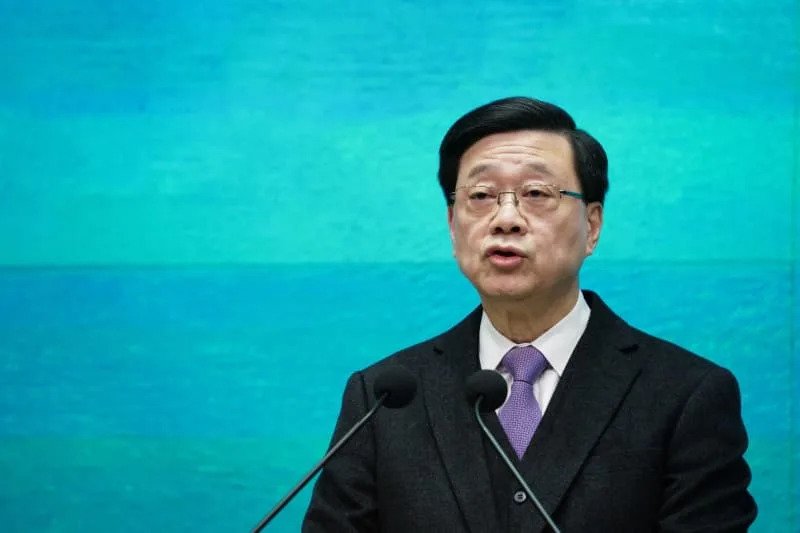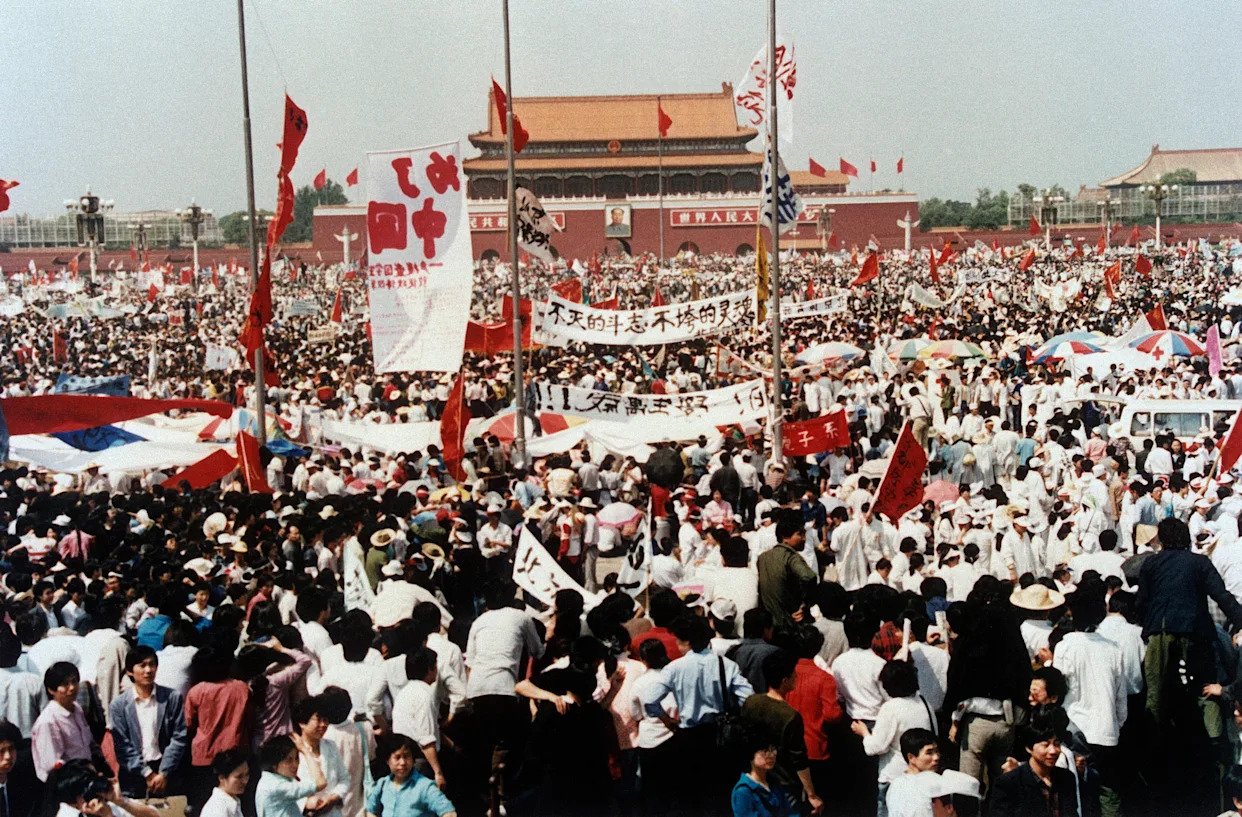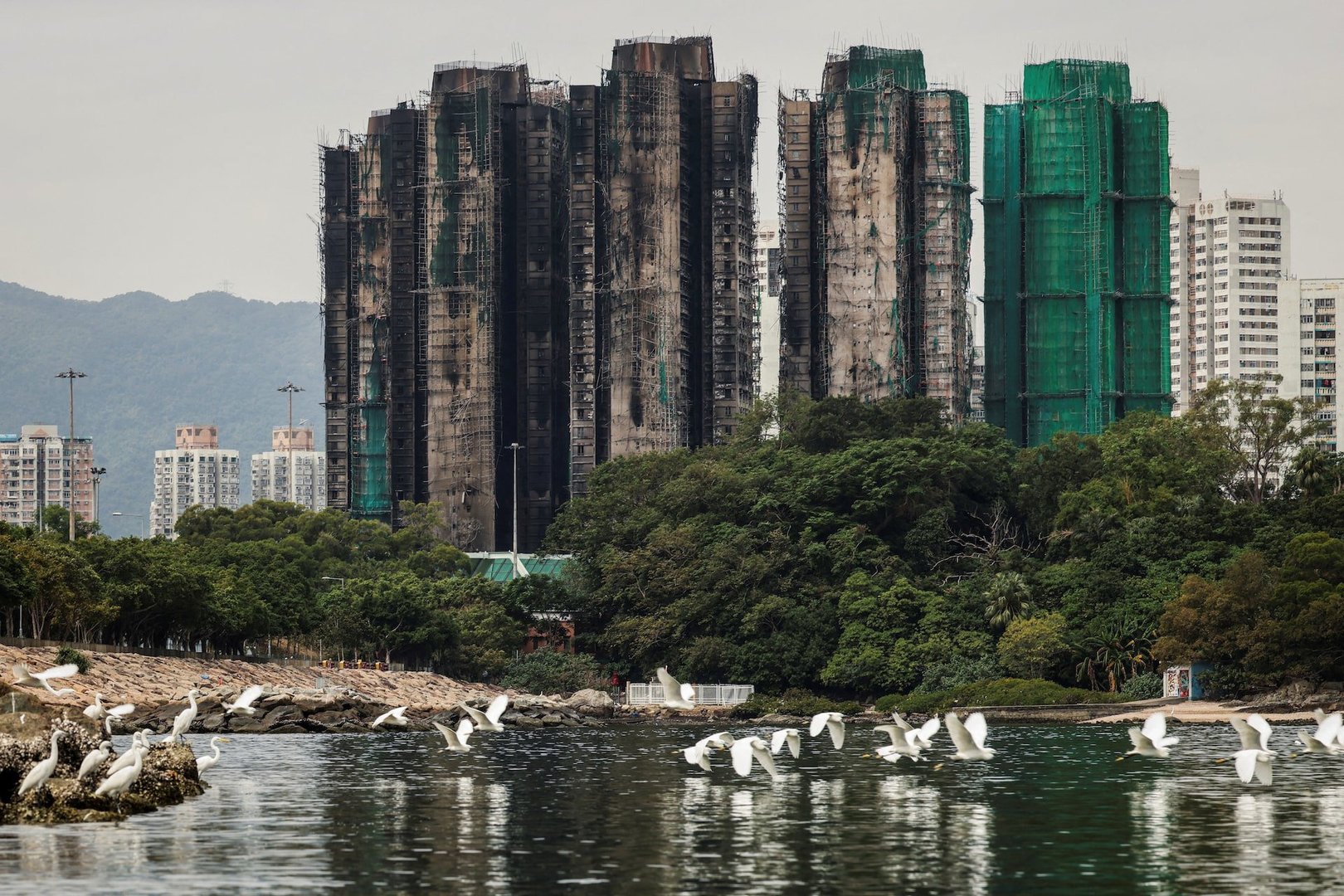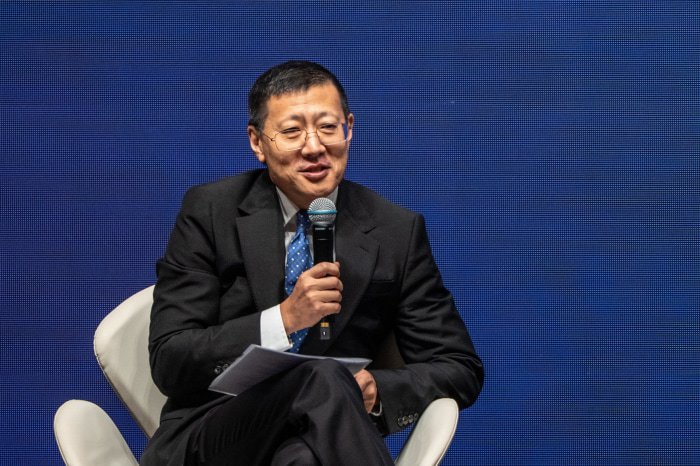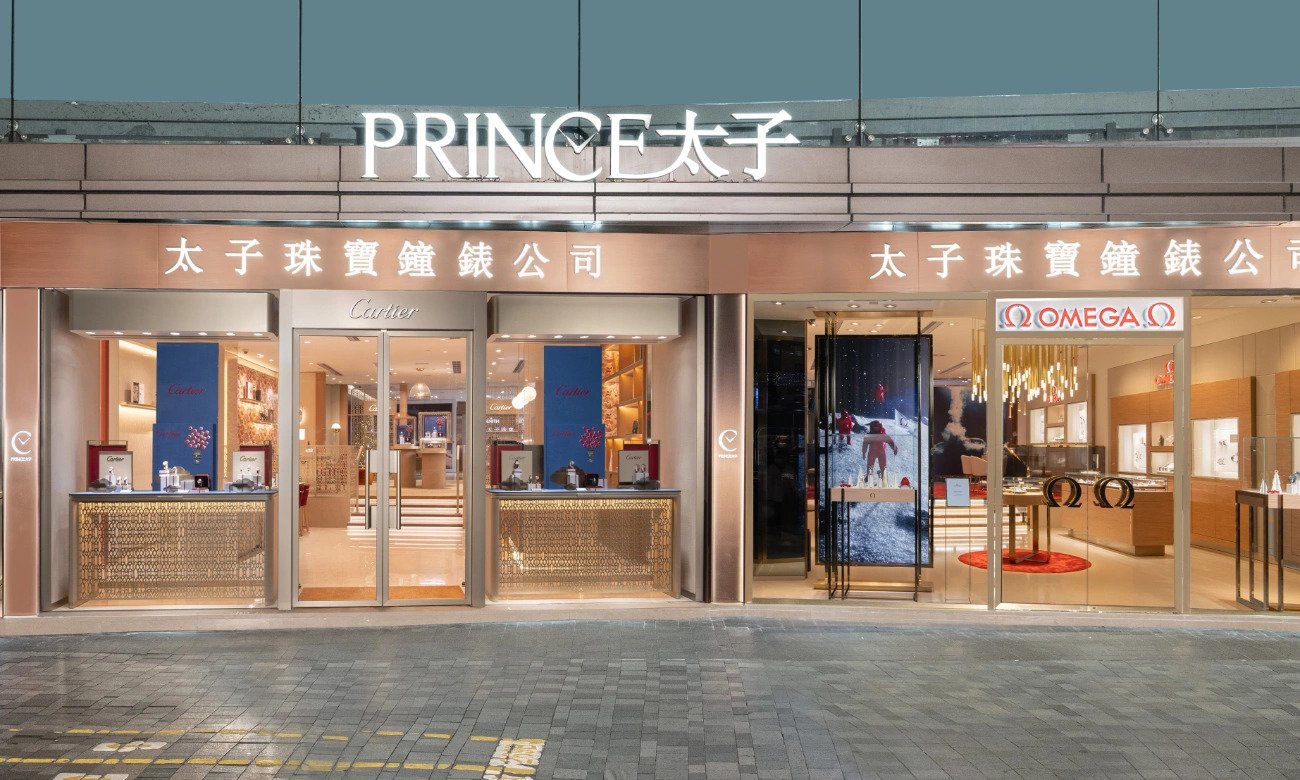
Skincare has become an overwhelming landscape – from
thousands of brands to baffling ingredients jargon and confusing claims.
Alice du Parcq cuts through the BS* *That’s beauty speak
“Soliberine
is the new superhero antioxidant to commute-proof your skin!” Sorry,
soli-what-now? This is the opening line of the ninth email I’ve received
this week pushing a new ingredient, which, to be honest, I can’t even
pronounce. I should, because I’ve been a beauty writer for 18 years,
quizzed hundreds of derms – plus I have a degree in anatomy and
physiology. Right now, I feel like I have a degree in WTF and an inbox
that resembles a chemistry lab.
Polyhydroxy acids! Astaxanthin!
Tranexamic acid! It’s hard to keep up as a journalist, let alone a
beauty shopper, especially when you throw in the oceans of online
advice. “The skincare landscape today is absolutely saturated,” confirms
Kristy Cimesa, founder of healing skincare brand Botánico Vida. “It can
be extremely confusing for consumers to make an informed choice.”
Sure,
we did ask for this new landscape: we wanted transparency and in-depth
information about our products, and we sought out accessible platforms
beyond GPs, clinics or on-counter (and on-commission) sales staff. But
as a new Mintel report claims that 54% of UK women aged 20 to 29 have
simplified their skincare routines, has this competitive flood of
science, expertise and variety backfired into intimidating overkill?
Complex complexions
Unpronounceable
names aside, this skincare noise starts with the overwhelming choice on
offer. At Feelunique, there are currently almost 4,000 skincare
products from more than 300 brands. Then there’s the colossal pool of
online influencers, YouTube tutorials and blogs owning skincare; but
with the added uncertainty of hidden #Spon agendas and paid-for
opinions, making it impossible to know who to trust.
And the
product rituals are baffling, too: can you layer powerful serums? Which
moisturisers should you use with them to avoid the dreaded ‘pilling’?
And what’s with the insane pricing structure? In this super-lucrative
market, where UK consumers spend £2.2billion a year on skincare, it
feels like we’re being hoodwinked when, say, a high-grade hyaluronic
acid serum can cost under £10 from one brand, but is sold for over £200
by another. Plus, “It’s confusing when two respected experts give me
contradicting statements,” says beauty blogger Emma Hoareau. “For
example, a doctor-led brand believes in daily chemical exfoliation,
while a natural brand suggests exfoliation should happen, well,
naturally. I learn as much as I can and form my own opinion through
trial and error, but it can be daunting, and I often feel lost on what
my opinion should be.”
Skintense times
So,
I’m not alone then – because it was starting to get seriously awks. At a
luxury moisturiser launch recently, I literally had to put my hand up
in front of a dozen big-time beauty directors to ask the brand’s
dermatologist to repeat the ‘science bit’. #Dies. But after we all left,
over half the directors DM’d me to say, “I’m so glad you asked, they
lost me at ‘hello’.” And even for someone as clued up as beauty blogger
Elle McNamara of @bambidoesbeauty – who curates a feed packed with
relatable and info-rich content – the pressure is real. “My
I’m-in-way-over-my-head moment was when I was filming YouTube videos for
a major beauty retailer on decoding [skincare brand] The Ordinary,”
says Elle. “I left feeling a big dose of imposter syndrome for not
knowing my azelaic from my alpha arbutin.” For the record, I didn’t know
the difference either, but a search on Paula’s Choice (my go-to for
ingredients intel compiled by professionals), tells me azelaic is an
exfoliating acid, and alpha arbutin is a sugar derivative that prevents
hyper-pigmentation.
Pipette power
Only
a qualified aesthetician or dermatologist should prescribe a bespoke
routine, however self-education brings empowerment and confidence in an
industry that has made consumers feel the opposite. For years, we’ve
been bedazzled by sales tactics, empty promises and obscure product
names that mean eff-all – and millennials were the first to call it out.
It started with cult brands such as The Ordinary, SkinCeuticals and
Paula’s Choice offering science-led products and lab-level insights.
Then,
like a small army of beauty Robin Hoods, niche brands such as The Inkey
List, Revolution Skincare, Allies Of Skin, Beauty Pie and Likami
galloped in behind them, tearing through the marketing BS for good. “We
realised the industry had hit peak crazy when we were discussing a large
company that was betting against the laws of physics with
‘anti-gravity’ skincare that could reverse ‘vertical’ wrinkles!” says
Mark Curry, co-founder of The Inkey List. “At that moment, the essence
of The Inkey List was born: an affordable line that offered knowledge
and power to help consumers improve their skin against the backdrop of
rubbish marketing claims.”
Like many of the new low-cost,
high-efficiency brands, The Inkey List (an industry term for
‘ingredients list’) offers individual ingredients delivered in basic
textures (such as in its Hyaluronic Acid Serum and Vitamin C Serum) and
spells out on its packaging precisely what it does – and how to use it
within your routine. The prices are low since they go direct to the
raw-ingredients manufacturers and skip any unnecessary costs, such as
excess packaging and advertising. This desire for no-faff face solutions
is written all over the ’gram too: “Skin-fluent followers want science
and hard evidence, with ethical practices in an industry that’s often
been seen as wasteful,” says Elle. “That’s what’s parting consumers with
their cash and getting products coveted spots on Instagram shelfies.”
So
despite this chemistry master’s level of complexity, the outcome is
positive if all the noise makes us put our fingers in our ears and
listen to our sensible inner voice: we all need to be responsible for
our own skincare fluency. As for seeking out advice, “Misinformation is
rife, particularly online,” warns Dr Anjali Mahto, consultant
dermatologist and British Skin Foundation spokesperson. “Taking advice
from trusted sources, experts in their field, and reputable websites is
key in making better choices.”
Personally, I find ‘trusted
sources’ a contentious area. Many of my peers who are now Instagram or
YouTube influencers do flag it up when they do paid-for content, but
when every post is an #Ad or #Spon, it’s easy to miss the very few
unbiased and authentic reviews. Also, their opinion of a brand often
blurs with objective intel. “You have to determine what is fact and what
is just someone’s preference,” suggests Elle. “One of my favourite ways
to educate myself is by listening to podcast interviews with qualified
doctors who know their stuff. I also love watching YouTube videos of the
OG skincare gurus, such as Nadine Baggott and Sali Hughes; their
experience and knowledge is a trustworthy source for me. I use Paula’s
Choice’s for reference, too. Not all information out there is impartial.
I try to take the facts and form my own opinions.”
The skin-sensible plan
As
for what to use – and when – firstly, edit out any unnecessary steps in
your routine. “The problem is not the ingredients, it’s the combination
of using different brands without following a specific regime,” says
Linda Blahr, national head of education and training at SkinCeuticals.
“The mixture of products can overwhelm the skin and cause inflammatory
breakouts.” Secondly, be cautious of gimmicks, warns the oracle of
beauty, Paula Begoun, founder of Paula’s Choice. “For example, jade
rollers don’t deliver on the promise to help ingredients penetrate
better.
They pull skin, which can increase sagging. Daily use of
derma rollers repeatedly wounds skin, eventually causing collagen to
become brittle.” Sheet masks don’t get her vote, either: “There’s no
research that shows they work better than a well-formulated
moisturiser,” she says, adding we should also avoid essential oils as
they cause inflammation: your skin’s No1 enemy. Next, it’s about
creating a simple plan to cleanse, hydrate, prevent and protect your
skin depending on your own needs. Use the glossary (see right) as a
starting point – and if you have problematic skin, consult your GP for
guidance.
Oh, and as for that soliberine? I did my homework: it’s
an antioxidant that reduces damage caused by high-energy visible (HEV)
blue light emitted from digital screens. But it’s not as efficient as
vitamin C, which is so highly regarded it’s taken centre stage in every
R&D lab developing skincare formulations. Given that I’ve
accumulated a billion hours of blue-light exposure while researching
this piece, it’s a no-brainer: *adds vitamin C to cart*.
THE GLOW GLOSSARY
We’ve decoded the skin science spiel – no degree necessary
Alpha hydroxy acids (AHAs) + beta hydroxy acids (BHAs)
Both
are topical acids that help ‘unglue’ dead skin cells that accumulate on
your skin. AHAs (eg lactic acid or glycolic acid) are water-soluble and
only work on the skin’s surface, so better suit dry or sensitive skin.
BHAs (eg salicylic acid) are oil soluble and penetrate deep inside the
pores, so are more effective on oilier complexions. “Most people benefit
from gentle leave-on AHAs or BHAs,” says Paula Begoun. “These make a
remarkable – almost overnight – improvement in clogged pores, breakouts
and texture, and they can significantly improve hydration. Helping skin
shed dead surface cells is a gamechanger.” Use Swiped over your skin
after cleansing, before your serum.
We love... Ready, Steady, Glow Daily AHA Tonic, £25, Ren and 2% BHA Liquid Exfoliant, £28, Paula’s Choice.
Vitamin C
…is
an antioxidant. Antioxidants interrupt and prevent cell oxidation –
damage caused by free radicals produced by toxins such as UV rays,
pollution, HEV blue light, alcohol, sugar and stress. Oral vitamin C
won’t protect your skin as efficiently as a cream or serum. “A topical
antioxidant containing vitamin C has brightening benefits that can help
fade scarring and pigmentation,” says Linda Blahr. “The earlier you
start, the better.”
Use As a morning serum. For problematic skin, use a higher percentage (20%). For fragile skin, go lower (around 5%).
We love… C E Ferulic, £135, SkinCeuticals and Biolumin-C Serum, £81.50, Dermalogica.
NB: low-cost formulas often have a ‘tacky’ texture, so we’ve suggested ones that won’t interfere with make-up application.
Retinol
A
(non-prescription) form of vitamin A, retinol supercharges collagen
production, meaning fewer lines, faded pigmentation and a fresher,
smoother complexion. “It is the gold standard of skin renewal,” says
Mark Curry. Much like vitamin C, this is an essential ingredient to cope
with the external and internal aggressors that damage our skin. It’s
potent, so, “Start with a slow-release version,” he adds. Try a low
percentage or gentle formula (around 0.3%) every other night, increasing
gradually to 1%.
Use In a serum or mask at night, as UV radiation in
the day breaks most retinols down, making them ineffective. It can
cause irritation, so add a facial oil or moisturiser on top if you need
extra comfort.
We love… Low dose: Regenerist Retinol24 Night
Serum, £34.99, Olay, and medium-to-high dose: Retinol Youth Renewal
Serum, £75, Murad.
Hyaluronic acid
This
is naturally produced by our bodies to keep our connective tissues and
organs lubricated. In skincare products, it is derived from sugar cane
and works by clinging onto water in and around cells. “Hyaluronic acid
is essential for keeping skin moisturised,” says Alicia Schweiger,
co-founder of Elixseri. “Dehydration is the primary cause of skin
concerns in younger consumers. Use on damp skin to amplify the effects.”
Use
In a serum, every morning and evening, immediately after cleansing
while skin is still slightly wet, before moisturiser. You can apply
vitamin C or retinol serums on top of hyaluronic acid.
We
love… Rescue Diver Multi-Level Hydration Cell Plumping Infusion, £85,
Elixseri and Hyaluronic Acid Serum, £5.99, The Inkey List.
Fatty acids
These
are the building blocks of healthy cell membranes. If your skin is
particularly dry and sensitive, a fatty acid-based moisturiser can
provide quenching comfort and help to reinforce your skin’s protective
barrier. “Look out for natural omega oils – oleic or linoleic fatty
acids, or any oils originating from jojoba, argan, sunflower, almond and
sacha inchi,” says Alicia. “These are wonderful as they’re light and
don’t block pores, but provide great nourishment and leave a silky skin
feel.”
Use Within an oil or lotion, directly after serum, before SPF.
We love… Omega Oil, £11.50, Botánico Vida and Essential Hydration Cream, £21, Alpha H.
Mineral sunscreen
Sunscreen
comes in two options: mineral and chemical. We champion mineral (zinc
oxide and titanium oxide) since the overwhelming evidence indicates that
chemical sunscreen ingredients (such as oxybenzone and octinoxate),
irreparably damage ocean coral by disrupting its growth cycle. Plus,
mineral sunscreens won’t irritate your skin. Why use SPF? “You can’t
have the skin you want if you don’t protect it from the sun,” says
Paula, who recommends sunscreen. Every. Single. Day, “without fail”.
Use In a cream as your final step before make-up. If you have very dry skin, apply after moisturiser (see fatty acids).
We love… Mineral Sun Care Fluid Face SPF30, £20, Clarins and Anti-Wrinkle Face Suncare SPF50, £19, Caudalie.

